Arts & Culture
-

Voice of a generation? Dylan’s is much more than that.
Classics professor who wrote ‘Why Bob Dylan Matters’ on the challenge of capturing a master of creative evasion
-

Holiday treats from the kitchen of Julia Child
Recipes from celebrity chef’s archive at Radcliffe
-

How a ‘guest’ in English language channels ‘outsider’ perspective into fiction
Laila Lalami talks about multilingualism, inspirations of everyday life, and why she starts a story in the middle
-
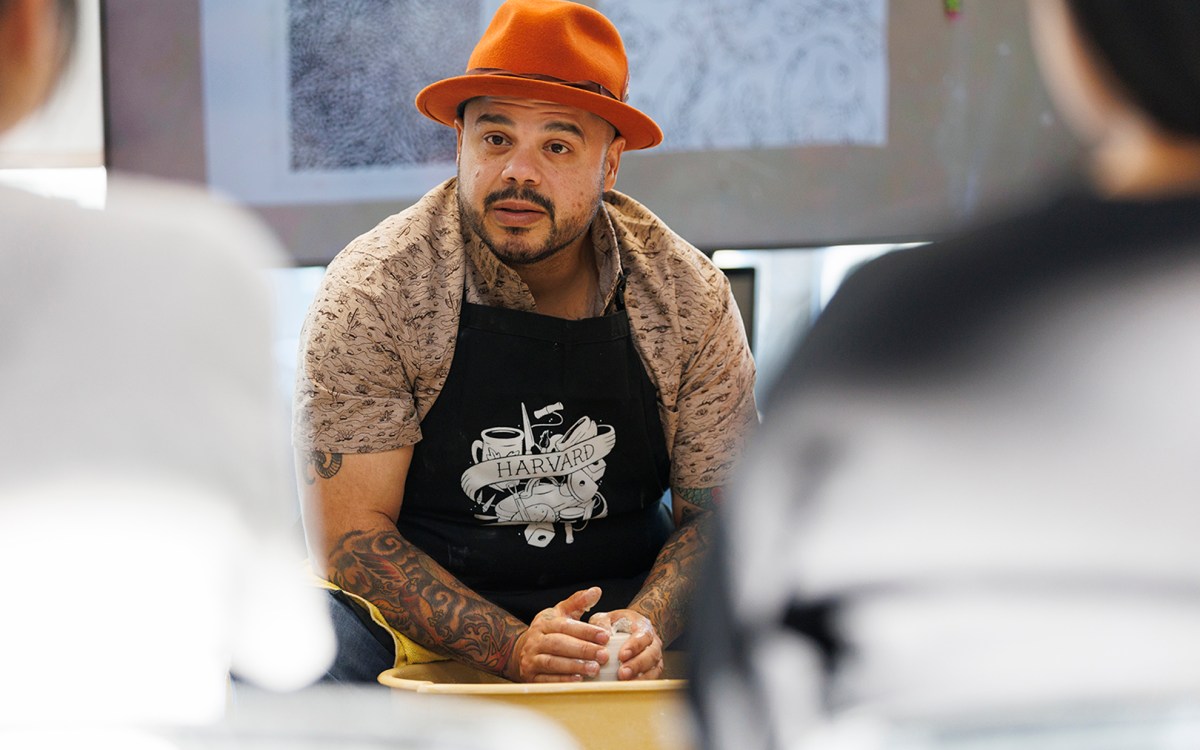
Potter gets fired up about helping students find their own gifts
Roberto Lugo says his art creates conversations and ‘that’s where the magic happens’
-
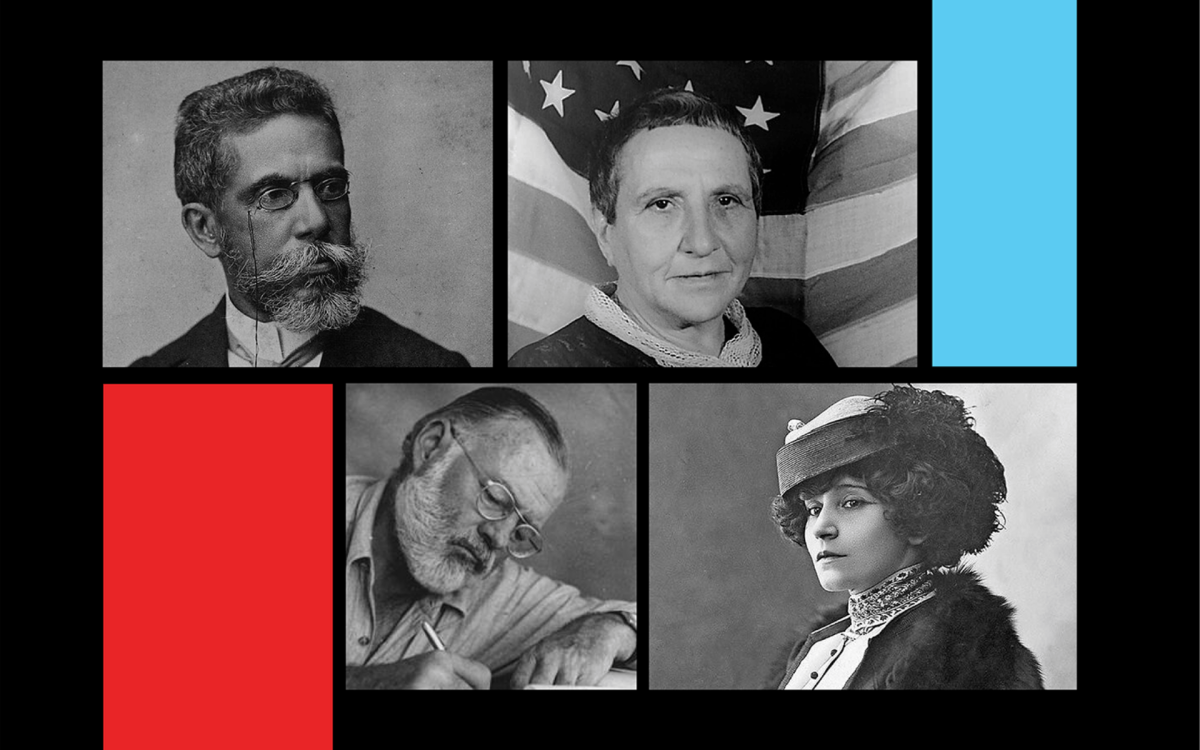
The 20th-century novel, from its corset to bomber jacket phase
In ‘Stranger Than Fiction,’ Edwin Frank chose 32 books to represent the period. He has some regrets.
-

Dance the audience can feel — through their phones
Engineer harnesses haptics to translate movement, make her art more accessible

-
A life of transition
A new exhibition at Harvard’s Houghton Library explores the life of philosopher William James.

-
One writer’s gospel
A student in novelist Paul Harding’s last Harvard class recounts the lessons learned.
-
The little book that could
Novelist Paul Harding rose from obscurity and rejection to win a Pulitzer Prize for his debut book “Tinkers,” which is derived from his family history.

-
Oberon is so on
Oberon, the American Repertory Theater’s sister theater space, is turning up the volume with its summer schedule.

-
‘Mockingbird’ memories
At 50, a durable “To Kill a Mockingbird” still has power to enthrall.
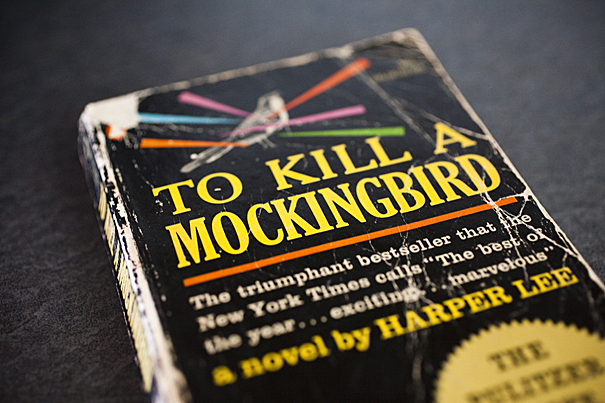
-
Where art and advertising collide
A new exhibition at Harvard Business School explores the intersection of fine photography with product marketing in the 1930s.
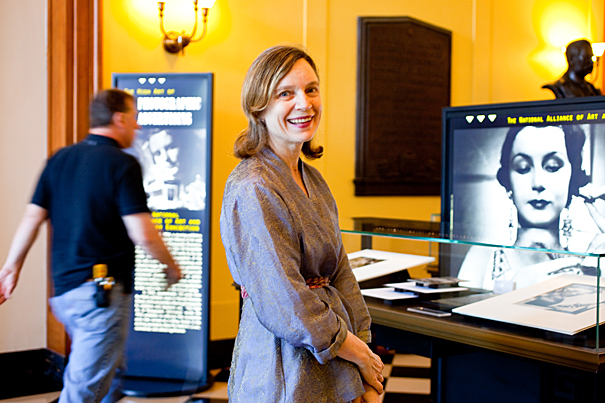
-
Food for thought
A weeklong seminar at the Radcliffe Institute examines cookbooks through the centuries, and what they say about the practices, resources, and cultures of their times.
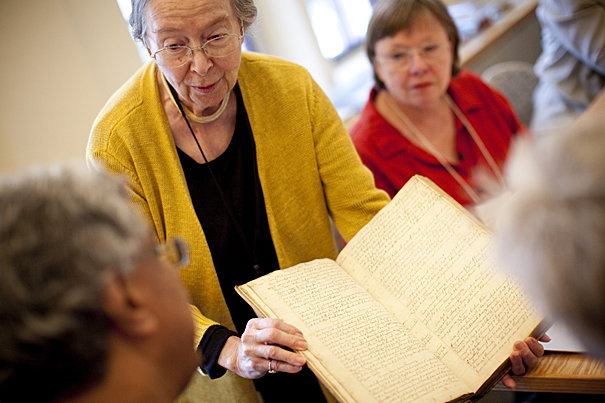
-
T.S. Eliot, warts and all
An intimate exhibition at Houghton Library offers a revealing look at the early life of poet T.S. Eliot, who had his troubles as a Harvard student.
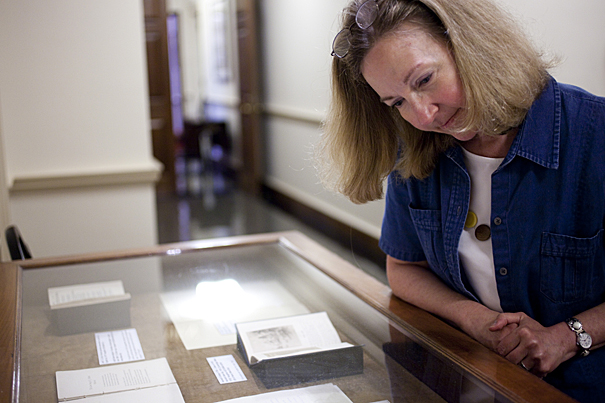
-
Innovations from southern Europe
Gabriel Paquette, author and research associate at Harvard’s DRCLAS, says southern Europe and its Atlantic colonies in the 18th century were hardly the backward regions that people believe they were.
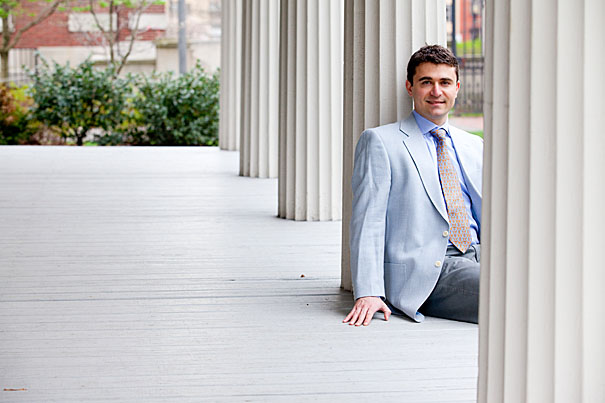
-
Palestinians on the screen
Filmmaker and visual artist Kamal Aljafari incorporates the past and present in his deeply personal films about the Middle East.
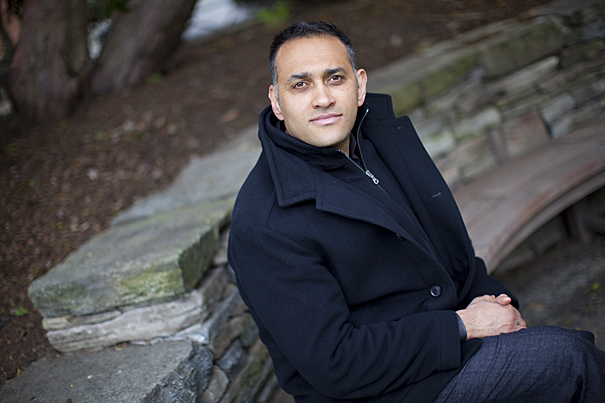
-
What they’re reading
A survey of top Harvard faculty shows what books they’re reading and enjoying on summer’s edge.
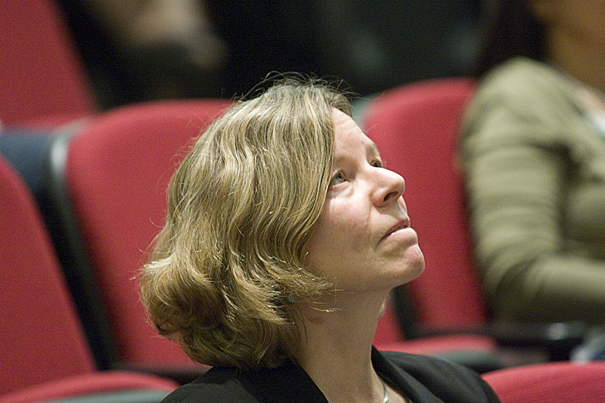
-
An explosion of creativity
The American Repertory Theater concludes its inventive first year under Diane Paulus with the premiere of the musical “Johnny Baseball.”

-
Looking for his big break
Graduating senior Derek Mueller spent a lot of time being theatrical with Harvard’s Hasty Pudding troupe, and is now heading to Los Angeles and the entertainment world.

-
Art, printmaking, and science
Students in a History of Science class worked to create an exhibit that illustrates the importance of print technologies and printmaking, not only to the dissemination of scientific knowledge in early modern Europe, but also to its creation.

-
Slavery in the North, and more
Du Bois Institute hosts a book party celebrating former and current fellows’ recent publications, including a title that examines little-known slavery in the North.
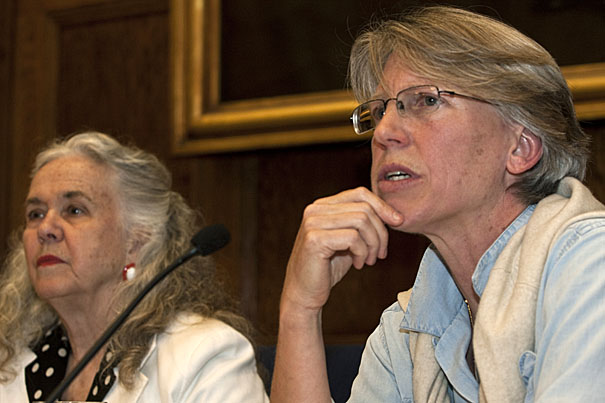
-
A complicated Lincoln
A collection of scholars painted a complex, complicated, and rich picture of the nation’s 16th president during a two-day symposium at Harvard April 24-25.
-
What comes after
Joanna Klink, the Briggs-Copeland Poet in the English Department, is out with a new book chronicling a failed relationship.

-
The Power of Social Innovation: How Civic Entrepreneurs Ignite Community Networks for Good
Stephen Goldsmith, the Harvard Kennedy School’s Daniel Paul Professor of Government, has written an uplifting book that details the methods public officials, social entrepreneurs, and individuals can use to improve communities and inventively solve public and social problems.
-
A first trip, a career opening
History professor Michael Szonyi recounts a career that began when he accepted a job at 17 working in Asia.
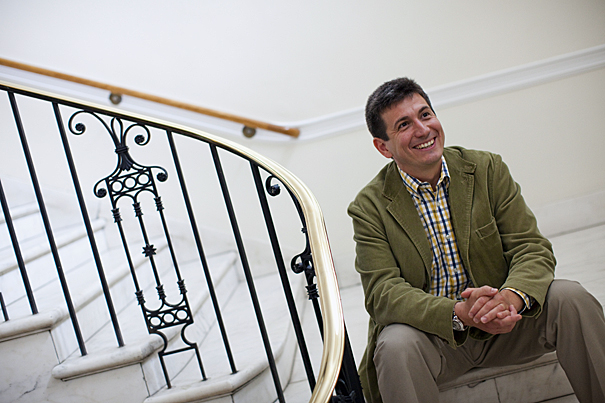
-
The Art of the Sonnet
Stephen Burt, an English professor and renowned poet and critic, and co-writer David Mikics have collected 100 sonnets — the longest-lived poetic form — and offer their insights on each 14-line masterpiece.
-
Denial: Why Business Leaders Fail to Look Facts in the Face — and What to Do About It
Richard Tedlow, the M.B.A. Class of 1949 Professor of Business Administration, says denial is everywhere — even in business. He examines why leaders let denial threaten companies, and provides case studies of organizations that have met challenges head-on.
-
The last notes
In place since 1967, Appleton Chapel’s Opus 46 organ will be dismantled to make way for a new instrument.

-
Her own creation
Artist, writer, and scholar Catherine Lord ’71 receives annual Harvard Arts Medal.

-
Hip-hop’s global reach
A two-day conference explores the global reach of hip-hop and examines how teachers can use it in the classroom to convey important lessons about art, culture, language, and society.

-
The nature of reality
Allan Sekula, artist and essayist, discusses the nature of reality and how it’s shown in his work.

-
Rebels to some, achievers to others
For two lecturers, the achievements of American radicals have been too long ignored. They argue that a reappraisal is due.
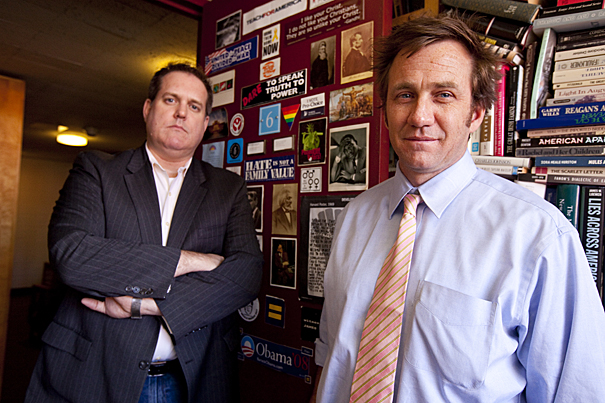
-
What makes a life significant?
A diverse Harvard panel marks the 1910 death of William James, celebrates his life, and revisits his famous question.

-
Peering into gearworks of FDA
Daniel Carpenter’s new book, “Reputation and Power: Organizational Image and Pharmaceutical Regulation at the FDA,” probes the workings of a crucial federal safety agency that often is either lionized or demonized.

-
Building on tradition
A Wampanoag home, called a wetu, is built on the site of Harvard’s Indian College.

-
Classical literature of India ‘unlocked’
The Murty family’s endowed series will bring the classical literature of India, much of which remains locked in its original language, to a global audience.


